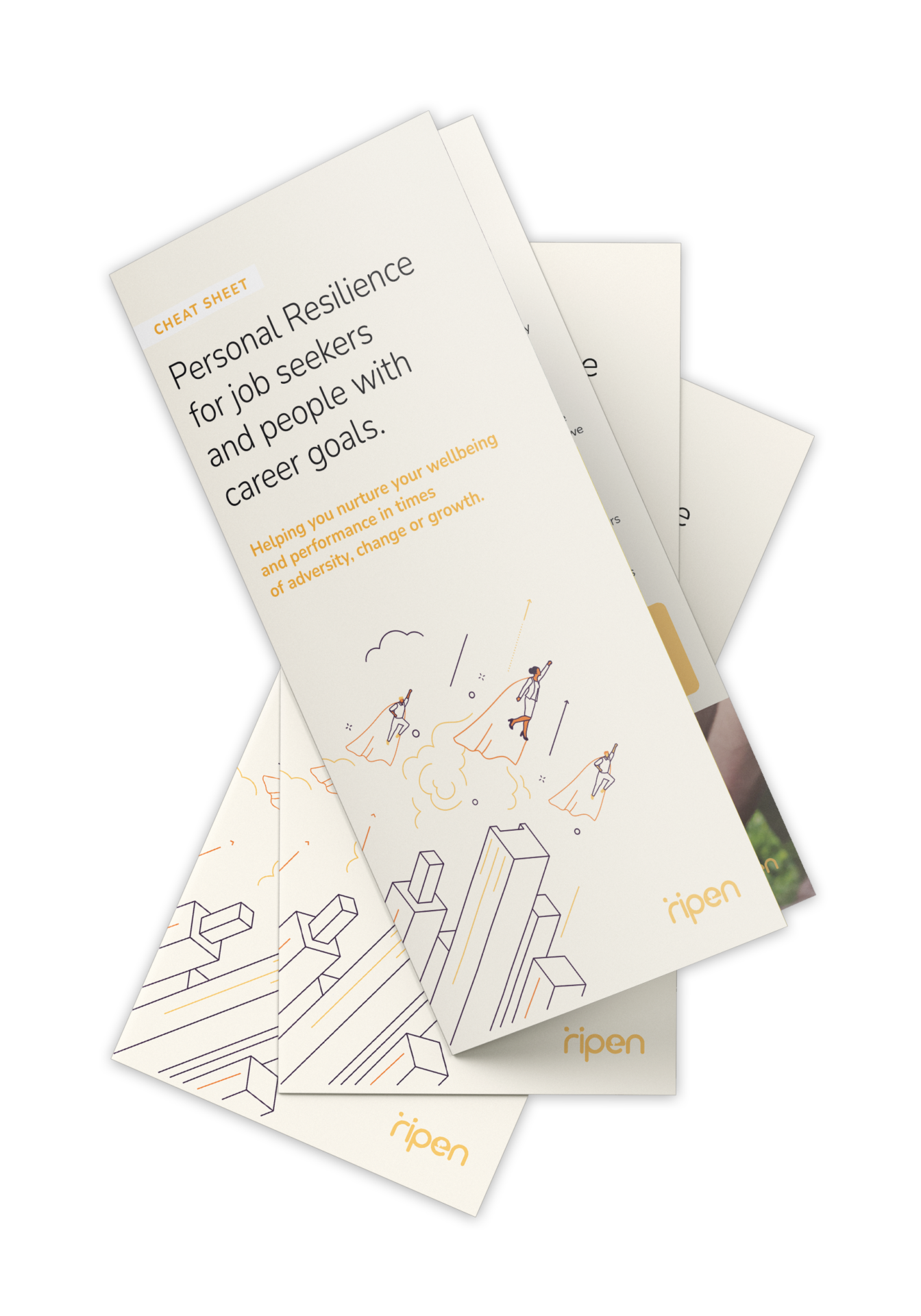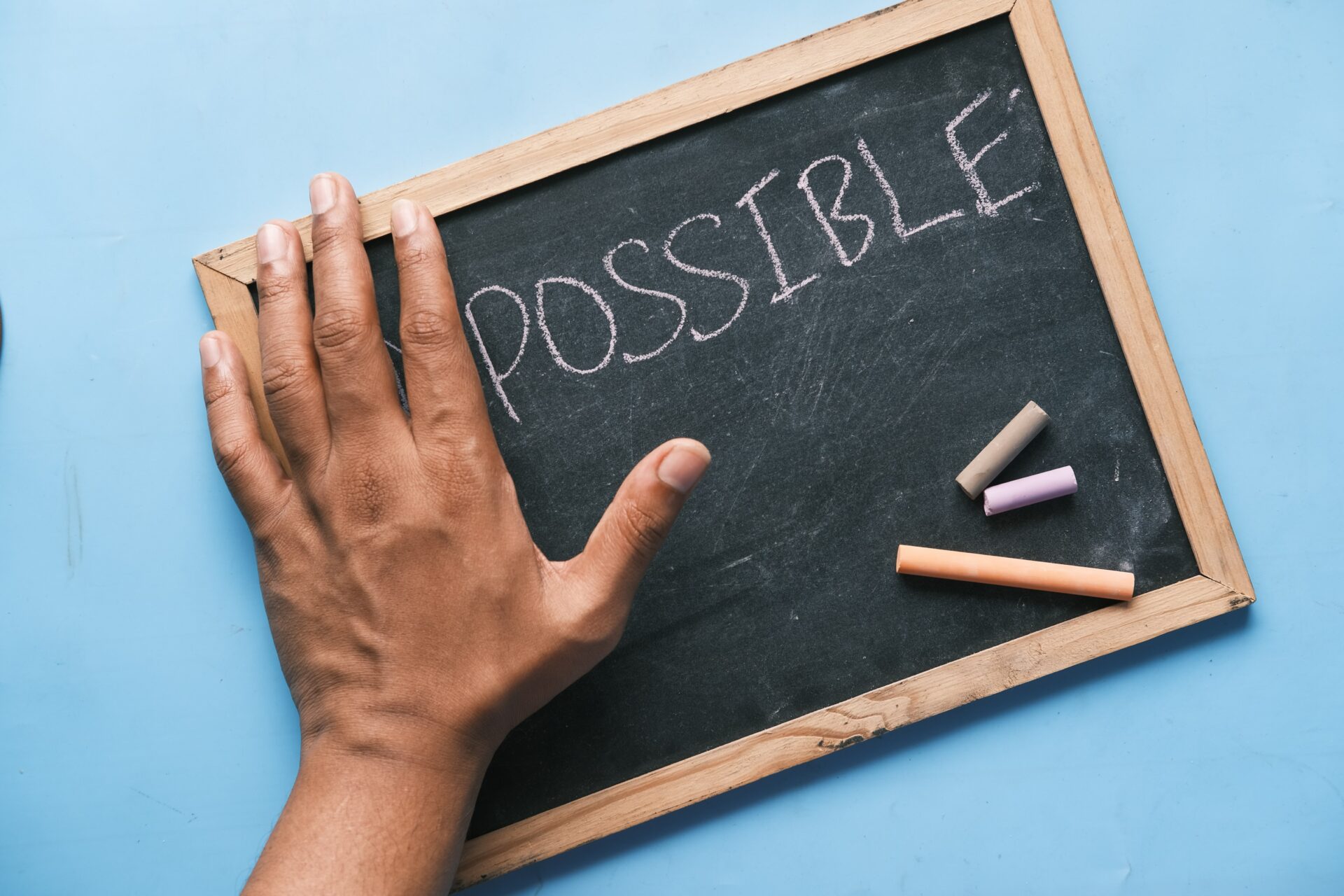Certain thoughts become so ingrained in our minds that they become ‘Beliefs’. These thoughts and beliefs you assume must be your own, they are in your head after all. You are not being forced to think or react a certain way and nobody has a gun to your head telling you what to think or do in daily situations, Right?
Not to blow your mind, but given what we know about human development it’s likely most of ‘your’ beliefs that are impacting your daily life and outcomes are not your beliefs at all. And if you have a team or kids, you may be passing these beliefs onto others as well!
This includes 3 types of beliefs:
1. Things we believe about ourselves
2. Things we believe about others
3. Things we believe about the world
The simplest way to demonstrate this is to consider something you were repeatedly told as a child that still impacts your behaviours today. For example, it’s likely you were told not to run out in traffic because you’ll get hurt. Some beliefs we’ve learned improve our wellbeing and outcomes e.g. “Running out in traffic is dangerous” or “Brushing your teeth before bed keeps your teeth and gums healthy”. But others are limiting us e.g. “You can’t do that because you’re not good enough”.
Just think about all the influences you had in your early childhood and into adulthood that each impacted how you think about yourself, about others and about the world. You were told what’s right and wrong, what’s good and bad, what’s positive or negative. You were told how you should behave at school, at dinner, at church, and how you shouldn’t. What you should eat and what you shouldn’t. Even which footy team to support and which to see as the enemy.
We don’t just get ‘told’ what to believe. Many of our beliefs have been cultivated through our interpretations of others, through things we’ve observed or through things we’ve experienced in our life. For example, you might have performed a presentation for your class at school and somebody laughed at something you said or did. You could have taken their behaviour as a reflection of their personality or bad attitude i.e. nothing to do with you personally, but instead maybe you created a belief that this individual laughing meant “I’m not good at public speaking.”

